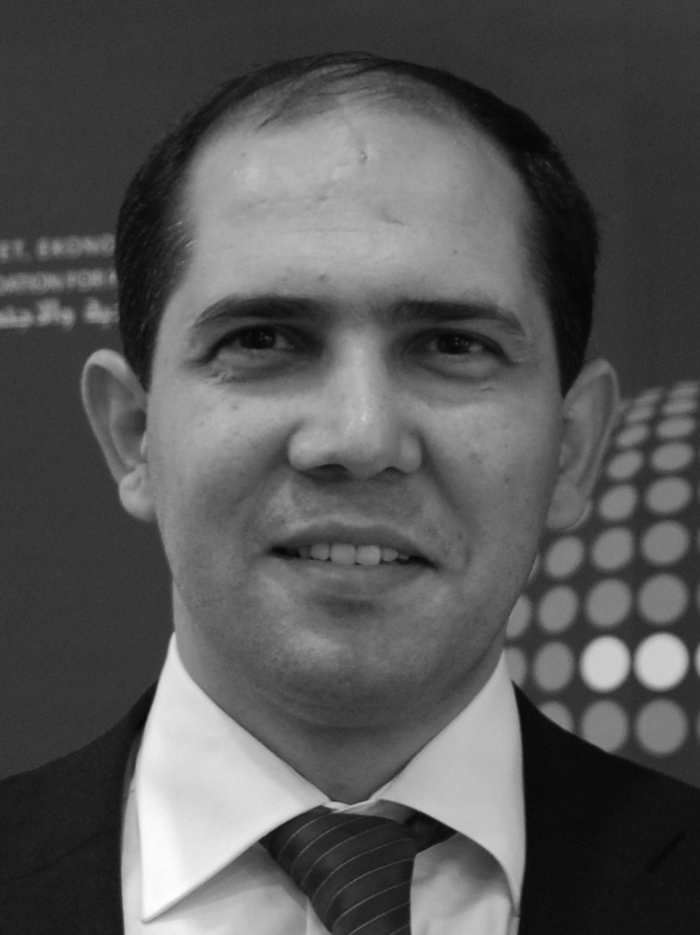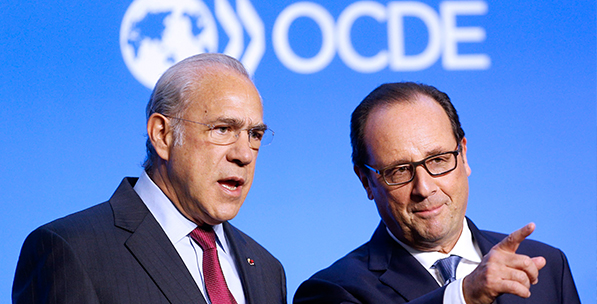Turkey has expanded higher education at a remarkable rate in the last decade. The ruling AK Party government decisively prioritised increasing access and established many new universities to meet demand for higher education in a country of 76 million people, where about half of the population is under 30 years of age.
The number of universities in Turkey has risen tremendously, from 77 to 176 in just about 10 years. Similarly, there has been a significant increase in the number of students admitted to universities. While a decade ago about 600,000 students were being placed at universities through the centralised university selection and placement system, now the figure stands at almost 900,000.
While these figures are still below OECD averages, the numbers provide clear evidence that Turkey’s investments in higher education and research have increased.
While Turkey spent 0.53% of gross domestic product, or GDP, on research and development in 2002, it steadily increased the share of R&D expenditure to 0.92% of GDP in 2012, according to the OECD’s Main Science and Technology Indicators.
Similarly, according to latest available data in the OECD’sEducation at a Glance 2014, Turkey spent only 0.7% of GDP on higher education in 2000. The same figure stood at 1.3% of GDP in 2011 (public expenditure only).
Quality maintained
Although many have criticised the Turkish government for establishing so many universities in a short time, mainly on the grounds that the overall quality in higher education would not be maintained, there are signs that seem to negate this view.
A world university ranking published in October 2014 showed that Turkey’s investments have started to pay off and the country might be increasing the quality of higher education as well, at least for a number of top universities.
Whereas there were only one or two Turkish universities in the top 200 world universities in the past – except in the 2011 and 2012 rankings, when there were none – the 2014 Times Higher Education, or THE, World University Rankings lists four Turkish universities in the top 200. The Middle East Technical University, Ankara, is now at 85 in the THE World University Rankings.
Shanghai Jiao Tong University’s Academic Ranking of World Universities, or ARWU, paints a different picture that is potentially related to methodological differences. According to the ARWU, Turkey has consistently had only one institution – Istanbul University – in the top 500 in the last seven years.
Now, Turkey is debating restructuring its higher education system and abolishing its supervising body in order to achieve a more qualified higher education system.
Abolishing the Board of Higher Education
Since 1981, all Turkish higher education institutions have been strictly overseen by the Board of Higher Education, the BHE or ‘YÖK’ – its famous Turkish acronym known in national and international circles.
The military junta of 1980 established the BHE in the aftermath of the 1980 coup d’état. The junta blamed universities for being the source of social unrest during the 1970s that claimed thousands of lives.
The BHE faced protests because many suspected that the generals wanted to create a centralised higher education system so that they could easily control universities. The generals later gave the BHE an autonomous status in the Constitution and this made reforming or abolishing the BHE synonymous with changing the Constitution.
Unlike the r









